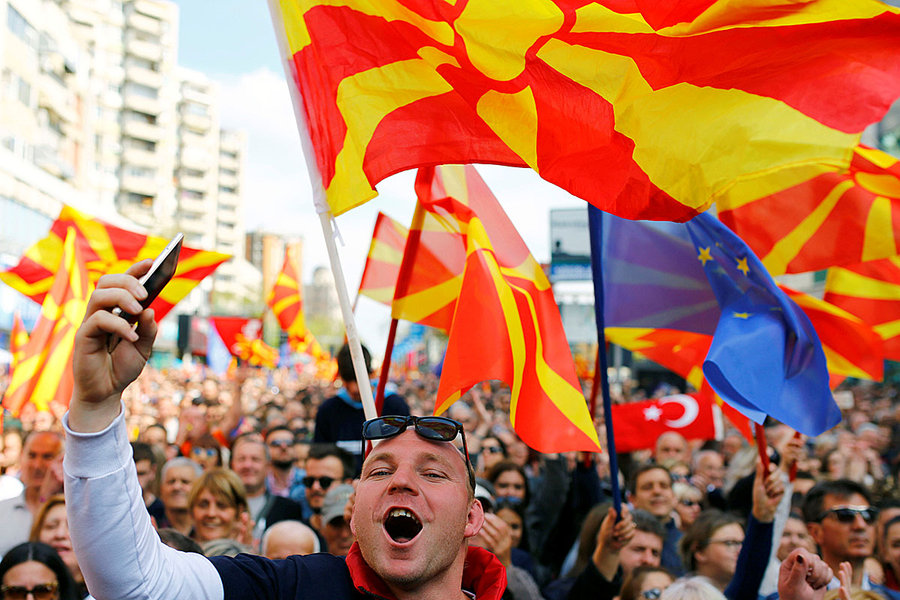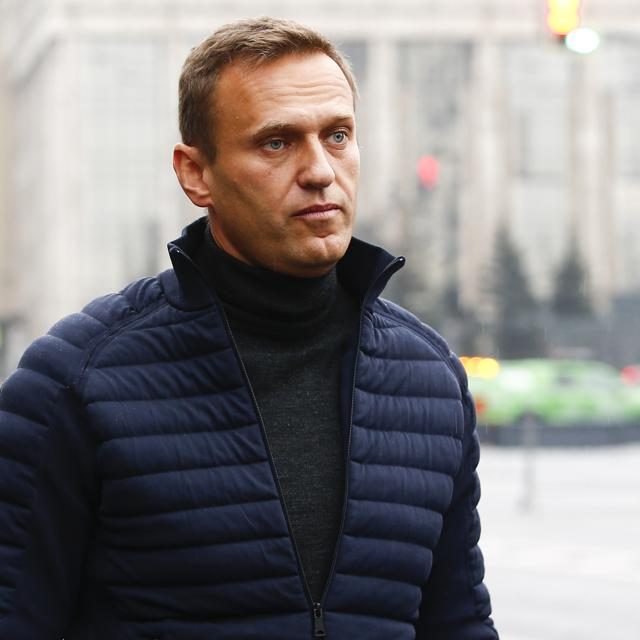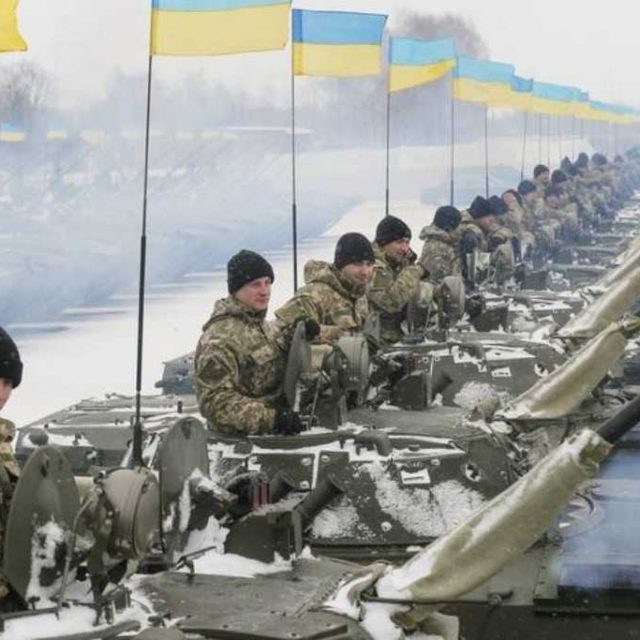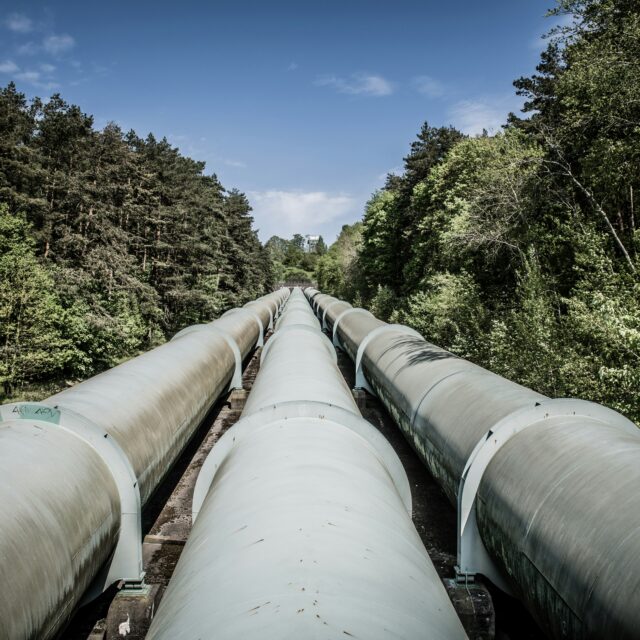Early parliamentary elections took place in North Macedonia on 15 July, in the challenging context of the COVID-19 pandemic. In a public statement Josep Borrell the EU’s High Representative for Foreign and Security Policy has commended North Macedonia’s citizens for exercising their right to vote.
The EEAS reported that according to the preliminary findings and conclusions of the international observers from the OSCE Office for Democratic Institutions and Human Rights (ODIHR), the elections were generally well run amid adjustments in response to the pandemic and the campaign was genuinely competitive, but legal stability was undermined by substantial revisions to the legal framework and subsequent government decrees.
Once the OSCE/ODIHR issues its recommendations for future elections, the European Union expects all political actors, relevant institutions and stakeholders to continue to work together to implement those recommendations well ahead of the next elections.
The EU looks forward to working with a strong parliament and a stable coalition government that should deliver on the country’s strategic objective of EU integration and address citizens’ expectations.
The EU expects the authorities to continue to deliver on the country’s EU commitments, to sustain and accelerate the implementation of EU-related reforms, in particular in the field of rule of law, fight against organised crime and corruption, as well as to further strengthen good neighbourly relations.
The European Union will continue to support North Macedonia on its path to the EU and looks forward to holding the first Intergovernmental Conference as soon as possible.
But the situation in the Balkan region is not uniform. In a separate development the European Parliament urged the Parliament of Albania to swiftly adopt the 5 June Agreement on Electoral Reform.
Foreign Affairs Committee Chair David McAllister (EPP, DE), the standing Rapporteur for Albania Isabel Santos (S&D, PT) and the Chair of the Parliament’s Delegation for Albania Manolis Kefalogiannis (EPP, EL) issued a joint statement.
“We expect that the parliamentary majority will adopt the necessary changes without undermining the consensus reached between the Government and the Opposition on 5 June. It is important to reach an agreement, maintaining the dialogue and consensus with all political parties, so that the first conference for membership negotiations can be convened, and therefore continue the European integration process.”
“Each country is free to set and improve its electoral system according to the national context and consensus. However, best international practices recommend that any changes to the electoral system should be conducted in a comprehensive and transparent manner starting at least one year before the next planned elections. We believe that Albania will respect these recommendations and will work further towards achieving sustainable results in the key reform areas.”
“The European Parliament is committed to support Albania on its European integration path and is ready to work with the Albanian Parliament in facilitating dialogue and building consensus on the crucial reforms in the areas of democracy, rule of law and accountability that are necessary for the country’s EU future.”
Parliamentary elections are also due in late summer in Montenegro, as the standards of governance are under the spotlight regarding transparency, respect of media freedoms and integrity during all stages of the electoral process.




